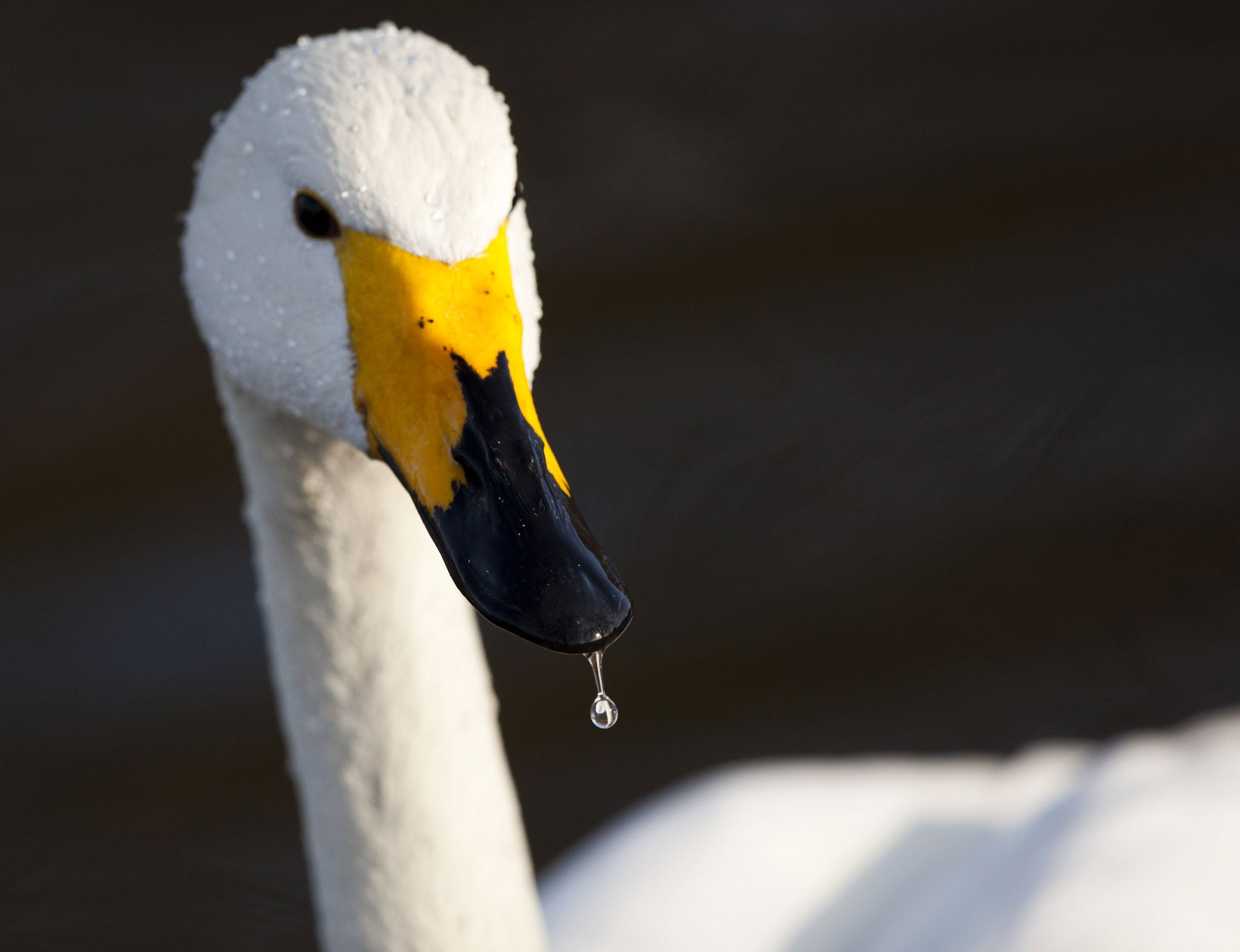Scientist claims humans could evolve beaks instead of teeth
.... but not for millions of years

Your support helps us to tell the story
From reproductive rights to climate change to Big Tech, The Independent is on the ground when the story is developing. Whether it's investigating the financials of Elon Musk's pro-Trump PAC or producing our latest documentary, 'The A Word', which shines a light on the American women fighting for reproductive rights, we know how important it is to parse out the facts from the messaging.
At such a critical moment in US history, we need reporters on the ground. Your donation allows us to keep sending journalists to speak to both sides of the story.
The Independent is trusted by Americans across the entire political spectrum. And unlike many other quality news outlets, we choose not to lock Americans out of our reporting and analysis with paywalls. We believe quality journalism should be available to everyone, paid for by those who can afford it.
Your support makes all the difference.Humans could one day evolve beaks, a biologist has suggested.
Dr Gareth Fraser, from Sheffield University, said the process could see teeth fuse together to form a bill over millions of years.
A beak would be “more robust and practical” than teeth, and less susceptible to wear and tear.
Dr Fraser told the Daily Mail: “It could be possible for humans to evolve to grow beaks, like pufferfish, which may be more robust and practical."
The biologist has also investigated why humans only get two sets of teeth a lifetime, while other animals - like sharks - get lots of new sets.
Having identified the cells responsible for tooth growth in other animals, he believes scientists could eventually stimulate similar cells in humans to create more sets of teeth.
He said: “I guess people will be looking at whether you can make perfect teeth. But there will always be orthodontists employed because even when you have new teeth, there is going to be a need for positioning.
“With our extended lives and modern diets, the limited supply of human teeth is really no longer fit for purpose.
“Our research is focused on looking for ways in which we can replicate the way that fish create an endless supply of teeth and bring this capability to humans.”
But he added that that was unlikely to happen for at least another 50 years.
Join our commenting forum
Join thought-provoking conversations, follow other Independent readers and see their replies
Comments